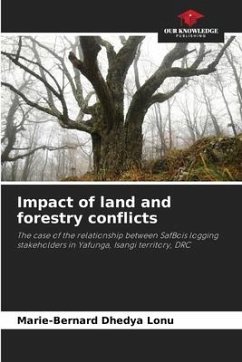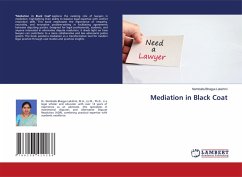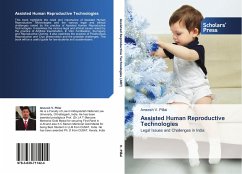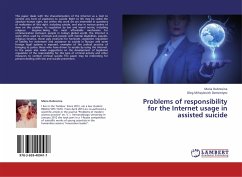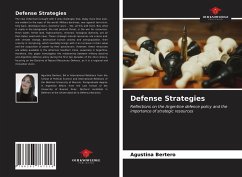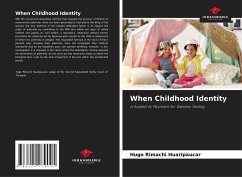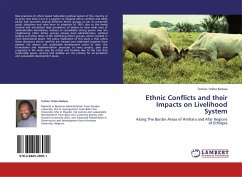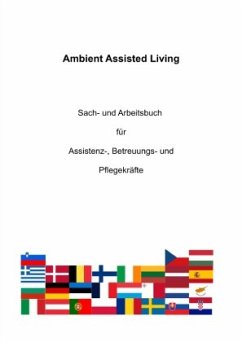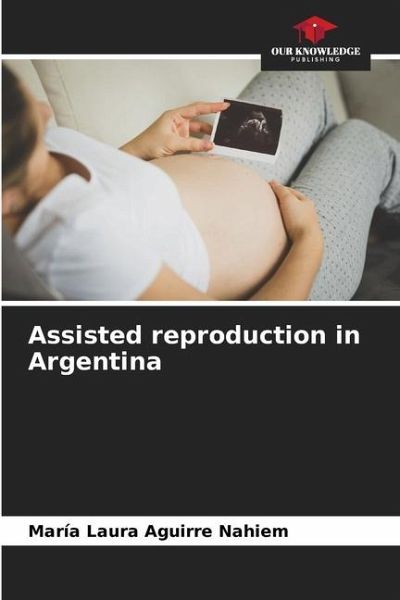
Assisted reproduction in Argentina
Versandkostenfrei!
Versandfertig in 6-10 Tagen
27,99 €
inkl. MwSt.

PAYBACK Punkte
14 °P sammeln!
The application of assisted reproduction techniques in human beings has created a new space for ethical and legal discussion regarding their implications in law. Its use stems from scientific advances to achieve fertilisation in couples suffering from infertility pathologies, although it has also been extended to the satisfaction of other interests. The aim of this paper is to investigate the most relevant legal problems and possible conflicts of rights that may arise as a consequence of the use of assisted reproduction techniques between the people who participate in them. Starting from the p...
The application of assisted reproduction techniques in human beings has created a new space for ethical and legal discussion regarding their implications in law. Its use stems from scientific advances to achieve fertilisation in couples suffering from infertility pathologies, although it has also been extended to the satisfaction of other interests. The aim of this paper is to investigate the most relevant legal problems and possible conflicts of rights that may arise as a consequence of the use of assisted reproduction techniques between the people who participate in them. Starting from the premise that the right to procreation is not unlimited, as any subjective right is not, and that its essential limit lies in the rights of others, especially in the potential rights of the child to procreate, the best interests of the child are taken as the guiding principle for the analysis. The object of study is the legal regulation of ART in Argentina, within the framework of the Unified Civil and Commercial Code, evaluating the proportionality of its norms and comparing it with other existing positions in comparative law.




